All Stories
-
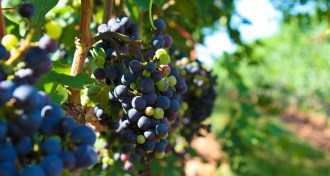 Life
LifeA vineyard’s soil influences the microbiome of a grapevine
Vineyard soil microbes end up on grapes, leaves and flowers, study finds.
-
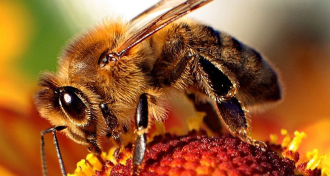 Environment
EnvironmentManganese turns honeybees into bumbling foragers
Ingesting low doses of the heavy metal manganese disrupts honeybee foraging, a new experiment suggests.
-
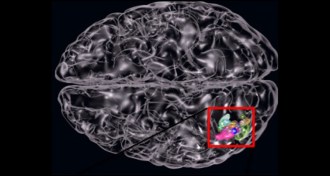 Neuroscience
NeuroscienceThe brain sees words, even nonsense ones, as pictures
Once we learn a word, our brain sees the string of letters as a picture, even if the word isn't a real one.
-
 Health & Medicine
Health & MedicineClean-up gene gone awry can cause Lou Gehrig’s disease
Scientists have linked mutations on a gene involved in inflammation and cell cleanup to ALS, or Lou Gehrig’s disease.
-
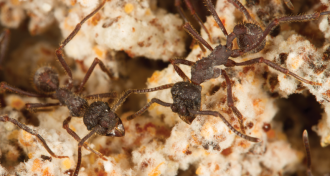 Animals
AnimalsNeandertal of ant farmers grows modern food
The most old-fashioned fungus-growing ant yet discovered grows a startlingly new-fangled crop.
By Susan Milius -
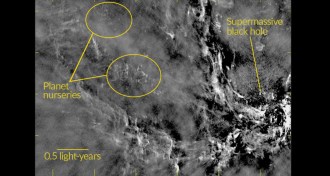 Astronomy
AstronomyUnlikely nursery for new planets is next to massive black hole
Planet nurseries encircle young stars within a few light-years of the supermassive black hole in the center of the Milky Way, scientists claim.
-
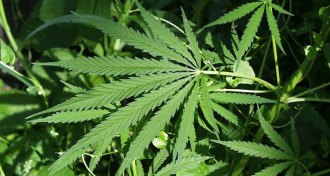 Chemistry
ChemistryToday’s pot is more potent, less therapeutic
The medicinal qualities of marijuana may be up in smoke thanks to years of cross-breeding plants for a better buzz.
By Beth Mole -
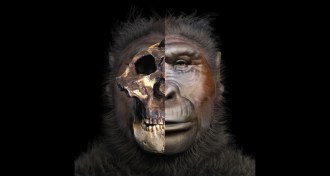 Anthropology
AnthropologyHow to reconstruct the face of an extinct human ancestor
3-D designer reconstructs portraits of ancestors for the human family album.
By Erin Wayman -
 Humans
HumansThe expressive face of human history on display
Busts on display in an Italian exhibit flesh out hominid skulls using the latest in 3-D reconstruction.
By Sean Treacy -
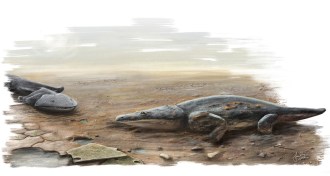 Paleontology
PaleontologyFossil of monstrous fish-eating amphibian unearthed
A new Triassic species of giant amphibian lived like a crocodile instead of like its cute little salamander and frog relatives of today.
By Susan Milius -
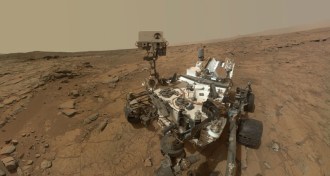 Planetary Science
Planetary SciencePotentially life-friendly nitrogen compounds found on Mars
“Fixed” nitrogen has been found in Mars deposits, raising the possibility that ancient life could have used it to build biomolecules.
-
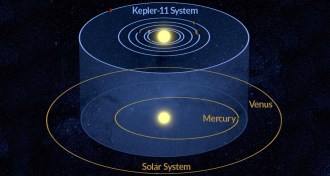 Planetary Science
Planetary ScienceEarth, neighbors weren’t the first rocky planets in the solar system
Jupiter might have swept an earlier generation of rocky planets into the sun, leaving room for Earth and its neighbors to form.